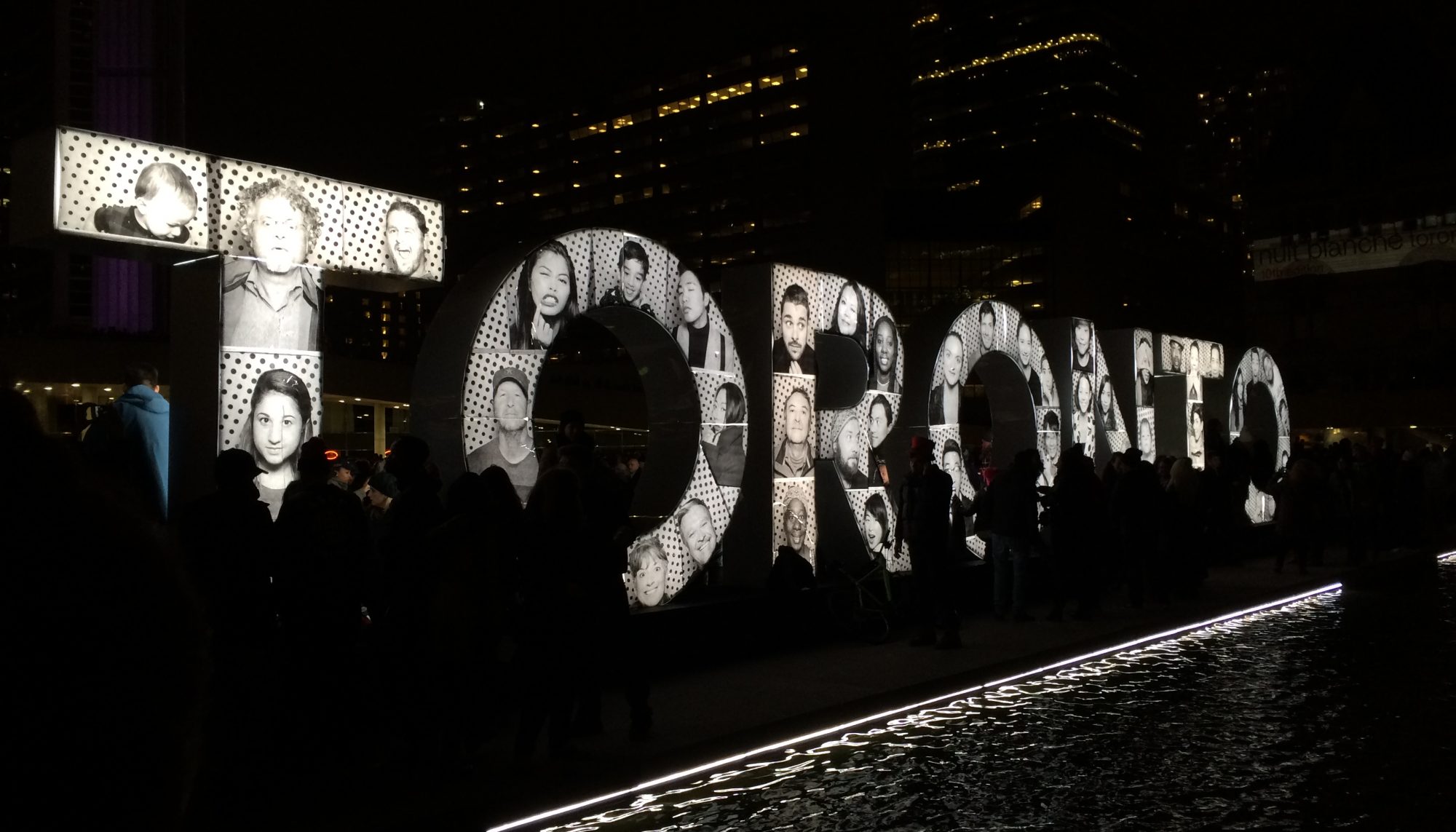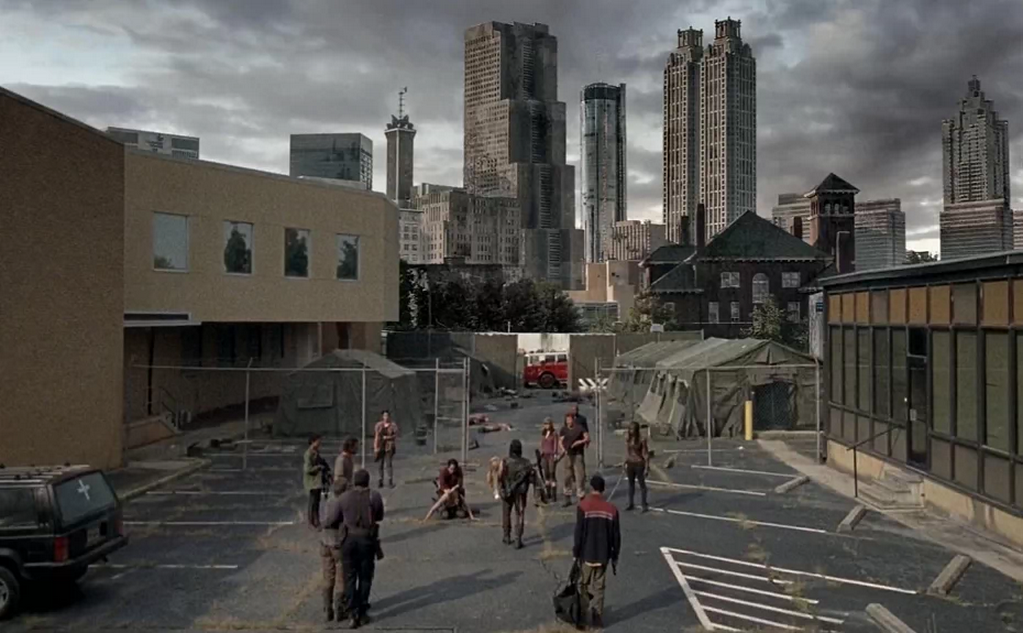Watching the end of ‘Coda,’ my daughter and I were pretty much traumatized, like so many other WD fans pouring out their ‘NOOOOOS!” on Twitter. During the Talking Dead, we were pretty much silent, with small outbursts as to how unfair, and how unexpected, and how if someone had to die, there were a number of other characters who seemed to be much more logically set-up to exit in that finale episode. Gabriel seemed to be heading towards a self-sacrifice that would give him some redemption as a character. There were so many other potential story lines the lost character had yet to play out.
To get straight to the point and to borrow from Daniel Libeskind, ‘great art communicates spirit,’ and that’s exactly what the writers’ room decision to arbitrarily kill off a character who was just beginning to come into her own failed to do. Robert Kirkman, the comic book artist who created the original Walking Dead comic and who is Executive Producer / writer on the tv adaptation, explained the death on a shell-shocked post-episode Talking Dead as reflective of the reality of what would happen in a zombie apocalypse. Some people are just going to die.*
That’s true. That’s exactly what life does. That’s not what art has to do. To quote Libeskind again, ‘great art communicates spirit.’ The writers, producers, directors and actors have absolutely communicated the moral core of The Walking Dead. Through all of the great moments in the show, the emotional resonance of the show springs from the question of survival at what cost. Cannibalism is the final expression of that, the step beyond or outside of humanity. Art gives us a medium of expression where we as immersed viewers can defy existentialism after a century of great crises that have justified for many a loss of faith in humanity, in God or whatever spiritual beliefs you might follow.
We’ve had over a century now of art rendering the existentialist’s dilemma (Kafka, Sartre, Beckett…). The Walking Dead series has repeatedly reached the level of great art by taking us back to the moral core of humanity and fans now have an expectation & trust in the writers’ ability to create great moments. The emotional and moral resonance of the long arc to season 4’s loss of Hershel and the aftermath. And for horror, the soul-jerking reveal of Gareth eating Bob while chatting with him by fire light, which reaches and maybe, maybe, surpasses Dante’s Ugolino, condemned to the final circle of hell for eating his children while locked in a tower for treachery.
The outpouring of grief for Beth is, I would argue, a response to what we all know, that her death was without meaning. It did not change anything. It did not alter or restore a balance. It reinforces existentialism in a world where existentialism may be the pragmatic reality yet it also functions as a choice. To eat. Not to eat. Humanity at what cost. The real challenge is in finding and asserting meaning in contexts where that has been lost.
Strangely, the last few episodes have increasingly brought religious symbolism back into the show. Gabriel’s church, the Madonna statue on the van dashboard in Daryl and Carol’s escape. Why bother with all that layering of meaning and loss of meaning, of faith and loss of faith, if the world the Walking Dead is now one that the writers room will treat as an arbitrary killing field? That’s not why I turn to art or what I expect from great art.
(yes. there is a petition to bring Beth back. but they can’t. cuz she’s dead.
https://www.change.org/p/the-walking-dead-bring-beth-back?lang=en-US)
(*Note: seems that Robert Kirkman took to Twitter to say:
Robert Kirkman @RobertKirkman · Dec 3
Please wish my friend @R0BTRAIN a happy birthday. Also, it was his idea to kill Beth. I was against it. He’s a jerk.)

